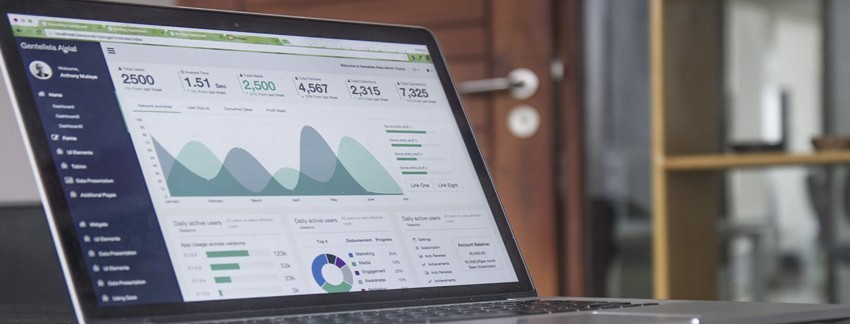
2024 European Innovation Score board Released
2024 European Innovation Score board Released Marie LatourSettings The European Commission released the Innovation Scoreboard 2024 on July 8, offering an in-depth comparative analysis of


Today, given the situation we find ourselves in due to the crisis caused by COVID-19, means that companies have to devote all their efforts to addressing and resolving the liquidity tensions that occur in the short, medium and long term. This crisis, unfortunately, will last over time and now, more than ever, anticipating risks and optimizing all costs can make a company survive.
In order to reduce costs it is essential to carry out a 360º cost analysis, both in direct and indirect purchases, prioritizing in any case the most important company expenses that impact in a significant percentage in the total cost of our product (TCO). Among these costs are energy costs such as electricity, gas and fuel. In fact, in many companies, the cost of electricity is as high as 60% of the cost of their product. We only have to think in the steel mills, wastebaskets, etc. For this reason, more and more companies are focusing, in the first place, on reducing this type of cost, either by managing it internally or by subcontracting this work to specialised consultancy companies.
Below, we show the different optimization options that companies can apply to reduce their energy costs, starting with electricity:
In addition to the measures mentioned above and due to the current situation On 1 April last, several measures were published in the BOE to optimise costs affecting companies and the self-employed. productive – and lower the power to the minimum – the minimum power that the installation allows to be contracted. As with electricity, gas is one of the so-called “cost fixed. Even if it seems complicated to get rid of them, you can learn how to manage them properly and effectively. There are several measures that a company should take into account:
As for fuel, it is clear that price fluctuations influence a most significantly in the cost drivers (TCO) of the logistics sector, reaching reach up to 29% of the final price of the service. That is why consulting firms Specialized in purchases, they recommend closing rates not subject to review before changes in the price of fuel oil, with a minimum validity of six months at times where the index is at a valley point. This will allow both at the management level as well as at the economic level. In situations like the one we live in today, is a good time to negotiate this type of service due to the plummeting price of the Brent and WTI.
These negotiation techniques are complicated to carry out, as they require have a significant and comprehensive knowledge of the energy market. But there are specialized purchasing consultants who can not only implement the price reduction levers, but also the energy efficiency levers and adaptation to the development of measures for sustainable procurement and thus to comply with the economic and environmental Agenda 2030 marked by the UN. Achieving savings in energy costs is essential when producing and exporting, and thus becoming more competitive and efficient.
Do you want to improve some area of your company’s procurement management? We analyze your project and simplify your procurement work to reduce costs.

2024 European Innovation Score board Released Marie LatourSettings The European Commission released the Innovation Scoreboard 2024 on July 8, offering an in-depth comparative analysis of

Strategic partnership with CleanTech Business Club Marie LatourSettings Joins Forces to Propel Sustainable Innovation On the occasion of its 10th anniversary celebrated in Munich on

2024 European Calls for Environmental and Climate Projects Asier PollánSettings WHAT IS THE PURPOSE OF THIS PROGRAMME? The 2024 LIFE calls for proposals opened on
